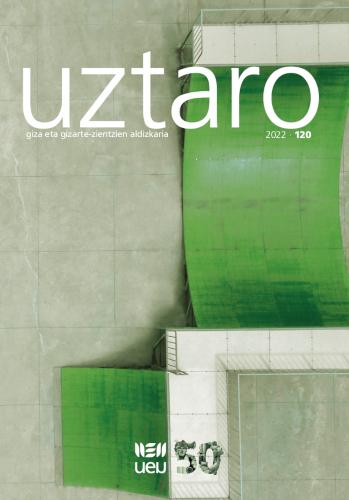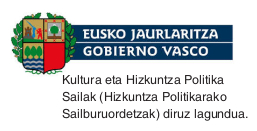Ekintza kolektiboa euskal protesta-zikloan: «Lizarra-Garazi»ko kasuaren azterketa (1995-2000)
DOI:
https://doi.org/10.26876/uztaro.120.2022.9Gako-hitzak:
Politika liskartsua, Demokratizazioa, Burujabetza, ProtestazikloaLaburpena
Aldaketa-prozesuak protesta-mugimenduen ekintza kolektiboari lotuta agertu ohi dira. Gure aztergaiari dagokionez, 1990eko hamarkadaren bigarren erdialdean euskal protesta-zikloaren areagotze nabarmena gertatu zen, autoritateen eta lehiatzaileen arteko ekintza kolektiboa zabalduz. Artikulu honen helburua da areagotze horretan parte hartu zuten gertakariak eta haien ondorioak azaltzea. Horretarako, gatazka konplexuen ikerketetan Doug McAdamek, Sidney Tarrowek eta Charles Tillyk baliatutako mekanismo eta prozesuak erabiliko ditugu. Zentzu horretan, liskarraldi mota ezberdinetan parte hartzen duten bitarteko horiek Lizarra-Garaziko Akordioak ezaugarritu zuen epealdian (1995-2000) ere funtsezko papera jokatu zutela ikusi ahal izango dugu; bai ekintza kolektiboaren garapenean, bai politika instituzionaletan emandako aldaketetan. Aldaketa horiek, ordea, mugatuak izan ziren, eta inplikatutako eragileek eraldaketa-prozesuak ulertzeko baliatu zituzten paradigma ezberdinetan aurki dezakegu haien ezintasun nagusietako bat.
Deskargak
Lizentzia
Copyright (c) 2022 Uztaro

This work is licensed under a Creative Commons Attribution-NonCommercial-ShareAlike 4.0 International License.




















